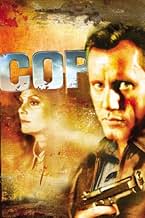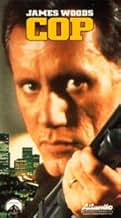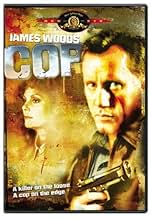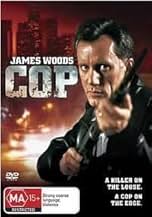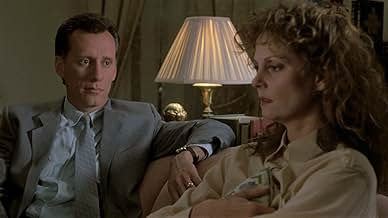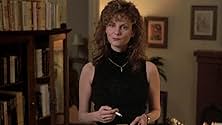If you are a big fan of James Wood's work than please go to your video store right now and rent this gem. You see I'm more into the performance side of a film, not the writing or story (even though it does help). Trust me, you've seen it all before. An over-the-top detective (Woods) gets caught up in a murder case which takes over his professional and private life. With the clues stacking up, Woods begins to believe that he is not only dealing with a murderer but a serial killer as well, who preys on females. This opinion on the matter doesn't sit well with his captain or coworkers, except one, a long time friend named Dutch. As the film moves along you begin to notice that Woods is a womanizer who usually ends up in bed with the witnesses. Everything Woods did made me laugh. I know this probably isn't "right" of me but he is just so FUNNY!! Even in a serious murder mystery such as this, I still can't help it. This film also contains one of the quickest endings I've seen in a long time. It's great!! Trust me though, I won't give it away. Thanks for reading.


